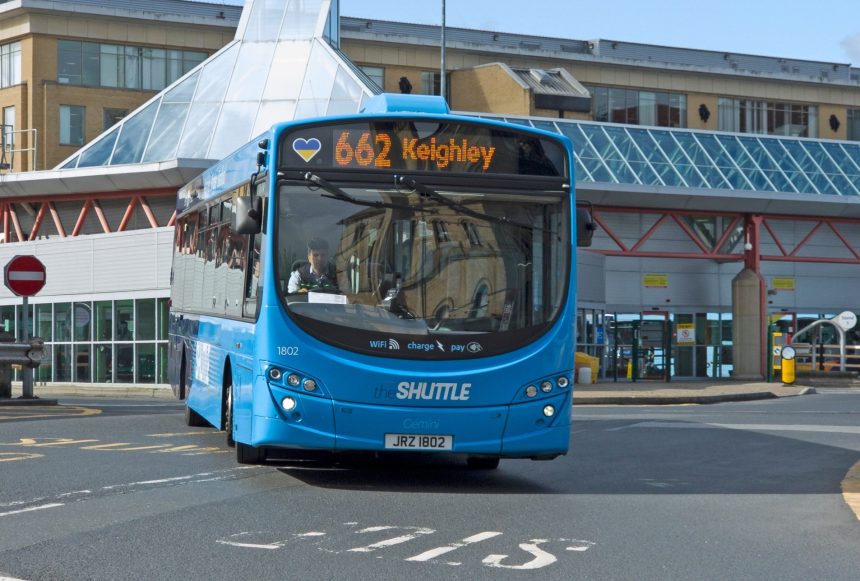The latest findings from the Urban Transport Group (UTG) have revealed the potential for transformative impact on public transport if the government commits to zero-emission buses (ZEBs).
Four scenarios modelling different capital investment, stemming from a report developed with consultancy firm Steer, demonstrate a variety of outcomes, with the most comprehensive scenario – a generous 100% government subsidy for additional purchase costs – showing a potential for an extra 46 million additional journeys annually in city regions outside London by 2035/36. The increase also forecasts a 4% revenue boost over the same period.
The investment outcomes are contrasted with a dire ‘do nothing’ scenario, in which bus patronage could plummet 35%, from 780 million trips per year in 2022/23 to 506 million, and vehicle kilometres falling by 43% in the same period.
UTG says the urgency is underscored by the fact that over half of the buses in use outside of London are over a decade old, primarily diesel-powered, and contribute to environmental concerns. The report further outlines several scenarios for investing in ZEBs and bus priority schemes, such as dedicated bus lanes and traffic light prioritisation.
Jason Prince, Director of UTG, expresses grave concerns about the future of city region bus services without action. “The modelling is clear – if we don’t act, our city region bus services are in danger of being severely hollowed out, losing more than a third of passenger journeys and nearly halving the size of networks between now and 2035,” he says.
Mr Prince emphasises the necessity of viewing public transport as an investment rather than a cost, highlighting its benefits to the economy, communities, and the environment. He calls for a long-term commitment to capital and revenue investment in green buses and bus priority schemes. By doing so, “government can help to prevent bus networks being scaled back further and stem the loss of millions of journeys each year,” he adds.
Neil Chadwick, a Director at Steer, also warns of the risks of inaction: “No further action on buses would isolate communities and those who have no other option but to travel by bus. It would make the shared ambitions of government and local authorities – to get bus patronage back to pre-pandemic levels and then to set a platform for further growth – unachievable,” he says.
The report also examined the impact of bus priority on travel times. In scenarios where bus journeys were expedited by 1 minute 30 seconds over five years, an additional 18 million trips were observed annually, along with a 3.7% annual increase in revenue.



























